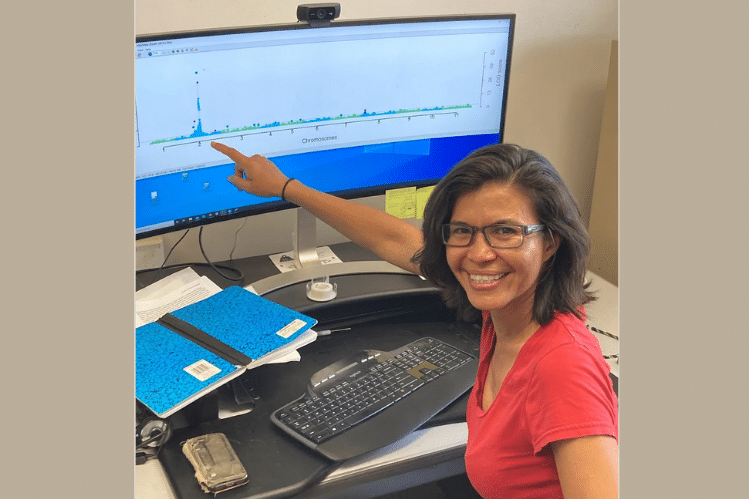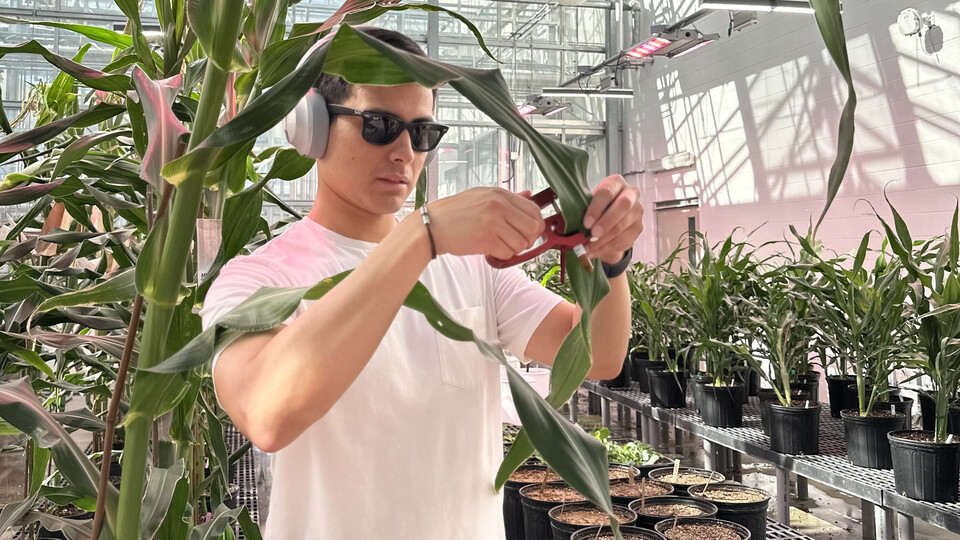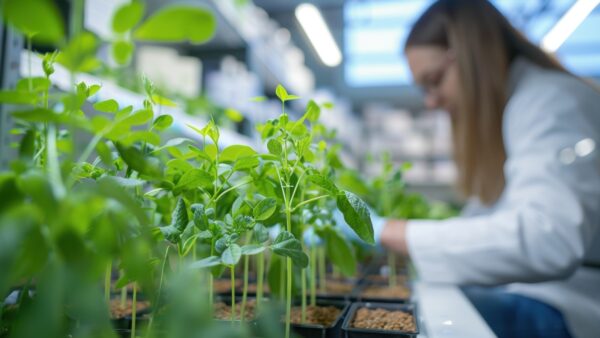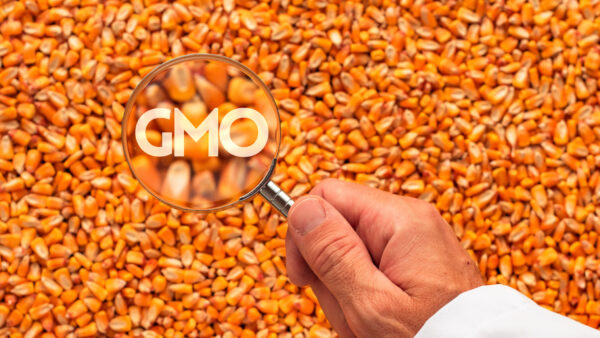Scientists are figuring out how plants respond to drought stress, and their research could provide new insight into how to develop drought-tolerant crop plants through conventional breeding or biotechnological approaches.
Nam-Chon Paek is the senior author of a paper to be published this week in The Plant Cell that details research which takes advantage of the genetic resources in the model plant species Arabidopsis to reveal important underpinnings of drought responses in plants.
Paek’s research group analyzed plants with a mutated regulatory gene called NAC016 and found that the NAC016 mutant plants were more resistant to drought. The researchers set out to understand how this drought tolerance came about by comparing the set of expressed genes (the transcriptome) in the mutants to that in normal (so-called wild-type) plants.
More information is available here: https://c.ymcdn.com/sites/aspb.site-ym.com/resource/group/6d461cb9-5b79-4571-a164-924fa40395a5/PressReleases/061115_PressRel_Sakuraba.pdf
Nam-Chon Paek is the senior author of a paper to be published this week in The Plant Cell that details research which takes advantage of the genetic resources in the model plant species Arabidopsis to reveal important underpinnings of drought responses in plants.
Paek’s research group analyzed plants with a mutated regulatory gene called NAC016 and found that the NAC016 mutant plants were more resistant to drought. The researchers set out to understand how this drought tolerance came about by comparing the set of expressed genes (the transcriptome) in the mutants to that in normal (so-called wild-type) plants.
More information is available here: https://c.ymcdn.com/sites/aspb.site-ym.com/resource/group/6d461cb9-5b79-4571-a164-924fa40395a5/PressReleases/061115_PressRel_Sakuraba.pdf












